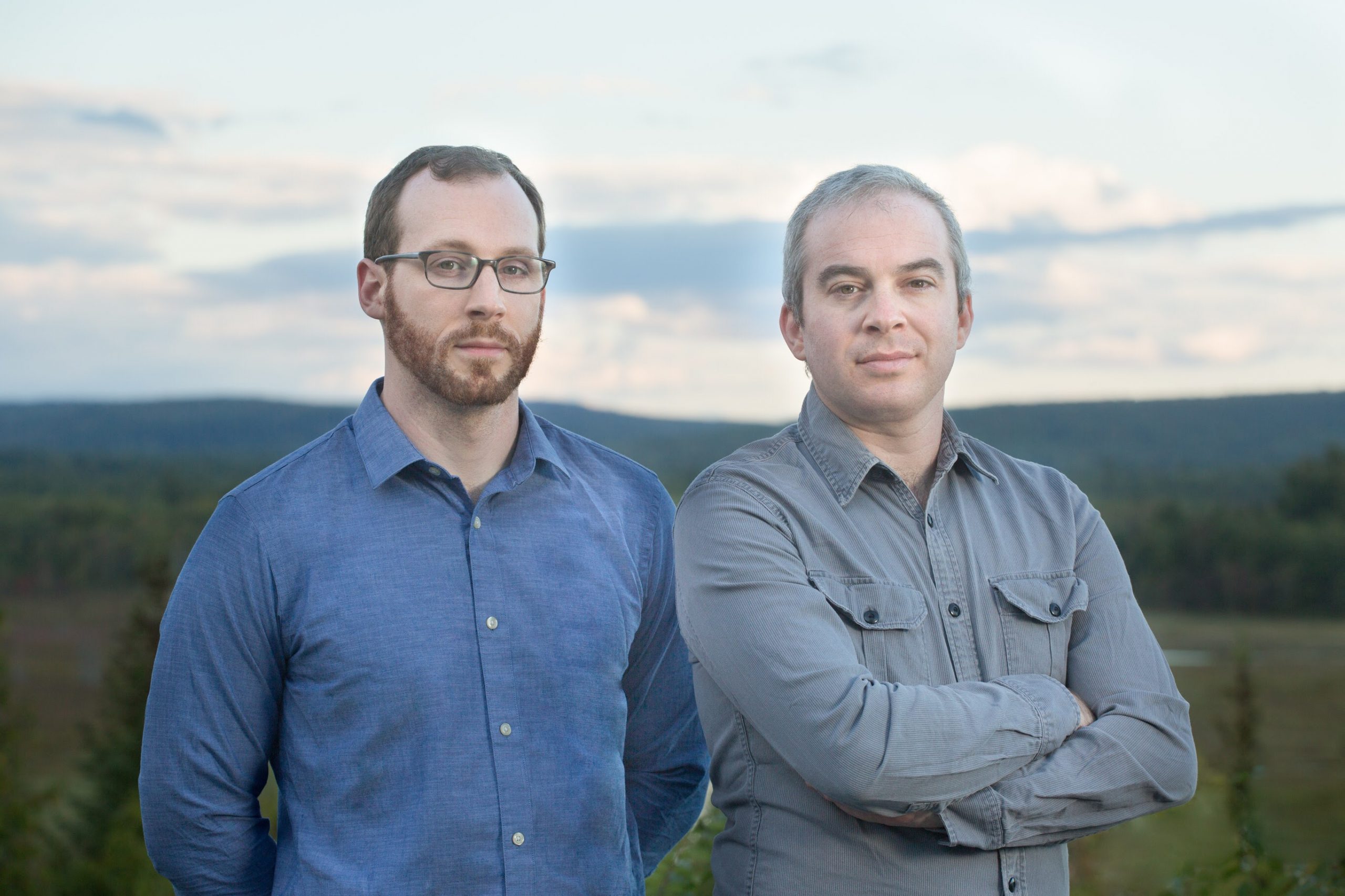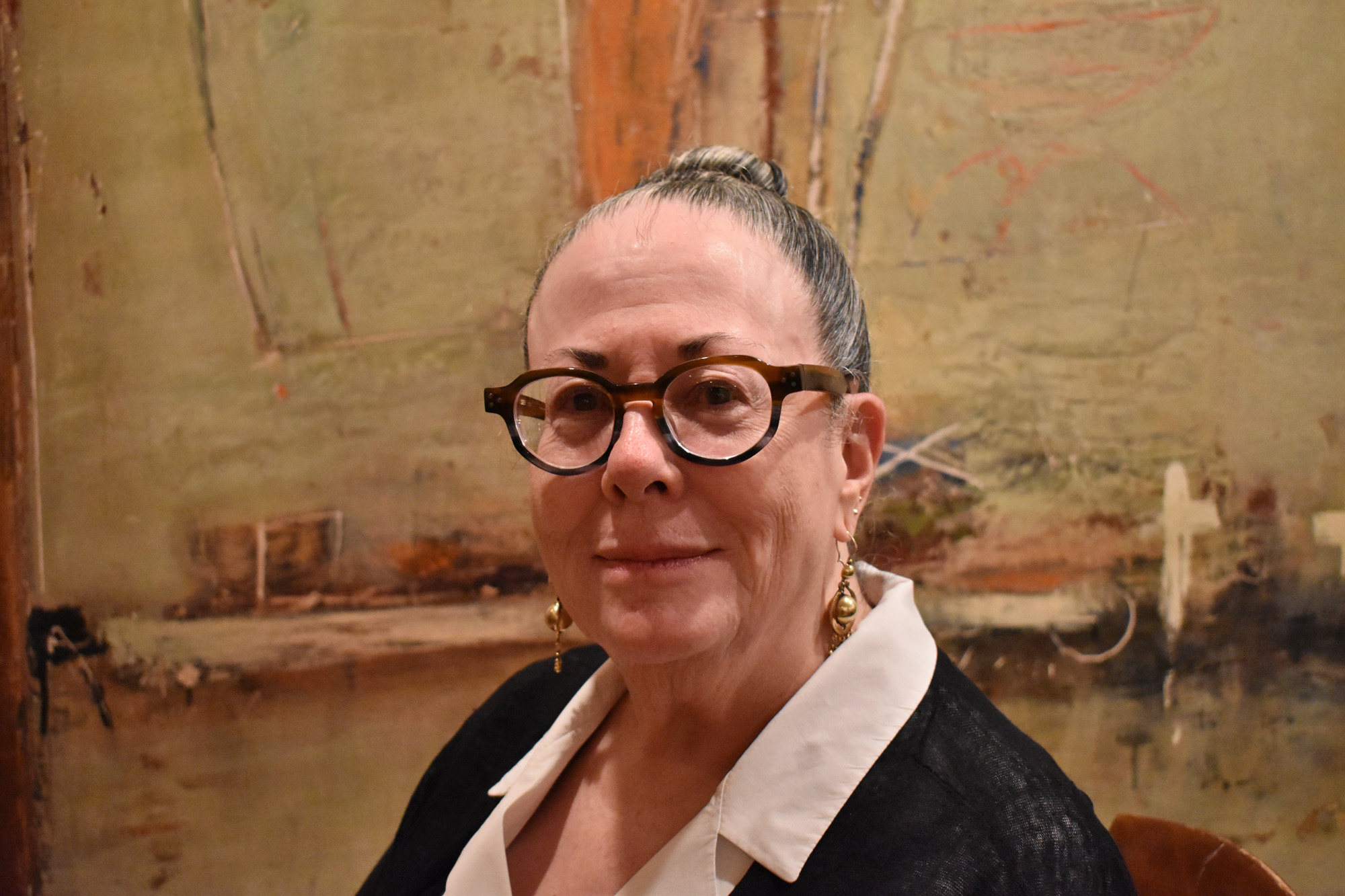Boston-based filmmaker Adam Mazo is quick to admit that he knew little about Native populations growing up in Minnesota.
He’s committed to changing that for future generations with “Dawnland,” the 90-minute documentary premiering this month at the Cleveland International Film Festival. The film centers on the decades of government policy that forced Native children from their families and into adoptive homes, foster care and boarding schools. The Anisfield-Wolf Book Awards will sponsor three screenings.
The idea for “Dawnland” was sparked from Mazo’s work on another film, “Coexist,” about the 1994 genocide in Rwanda. “We were talking about how it felt wrong to not be teaching about genocide in this country’s history,” he said.
The timing aligned with the formation of the Maine Wabanaki-State Child Welfare Truth and Reconciliation Commission, an innovative attempt between a people and a state government to investigate the harm the state did against indigenous children in Maine.
For the first time, adoptees publicly told their stories of forced assimilation and abuse. “How do you propose that we’re supposed to be healing?” an elder Wabanaki woman asked. “I can’t get over the nightmares . . . where was the state? They were supposed to have been our guardians. But where were they?”
Mazo and co-director Ben Pender-Cudlip produced “First Light,” a 13-minute short film “that gave viewers a preview of the Wabanaki people’s fight to preserve their culture within a system of state-sponsored removal of children. The commission found that from 2000 to 2013, native children in Maine entered foster care 5.1 times the rate of non-Native children.
The duo turned to Kickstarter to fund the full-length project. “We reached our goal a few days before the campaign ended,” said Pender-Cudlip, who has directed more than a dozen short documentary films. “’First Light’ was a huge help. We set up screenings all around New England, events that we used to get conversations started around the film.”
“Dawnland” reveals the untold narrative of Indigenous child removal in the United States through raw, never-before-seen footage. The complete findings of the commission are well worth reading.
Mazo is also director of the Upstander Project, which supplies teaching supplements to the films for use in schools worldwide. A 2001 state law requires Maine teachers to incorporate the history of the Wabanaki people in K-12 classrooms (a similar law exists in Ohio), and school districts have implemented its materials into lesson plans.
“Dawnland” will be the cornerstone of a six-day professional development training on genocide and human rights at the Updstander Academy that Mazo predicts “will be a transformative experience.”
Above all, the directors hope the film will inspire viewers to consider their blind spots.
“A lot of folks, particularly in the Midwest and the east coast, don’t recognize that there are millions of Native people thriving all across this country,” Mazo said. “As a result of this film, we hope that people will acknowledge them and acknowledge whose land they are on.”
The documentary will screen at Tower City Cinemas on three dates: 8:30 p.m. Friday, April 13; 1:20 p.m. Saturday, April 14 with the film forum and 9:20 a.m. Sunday, April 15. Director Adam Mazo and Penobscot Nation Ambassador Maulian Dana, who makes a cameo in the film, will speak at the post-film forum on April 14. You will receive a $2 discount per ticket using the Anisfield-Wolf code: ANW0.




Lights, Camera and Social Action
May 8, 2018
[…] Partner: Anisfield – Wolf Book Awards – For $2.00 off, use the code […]